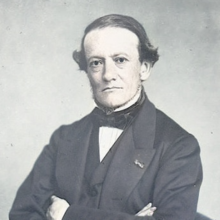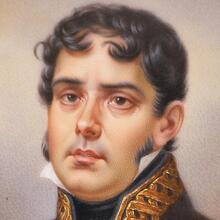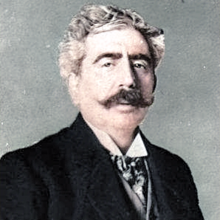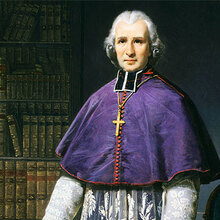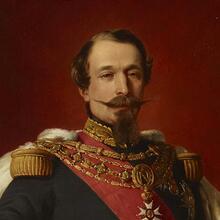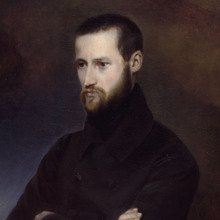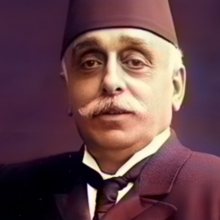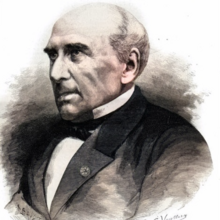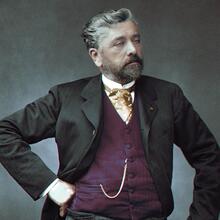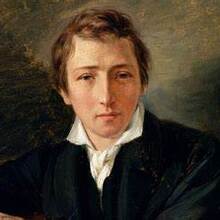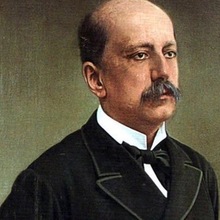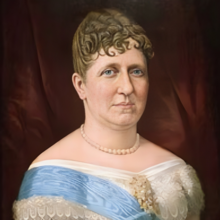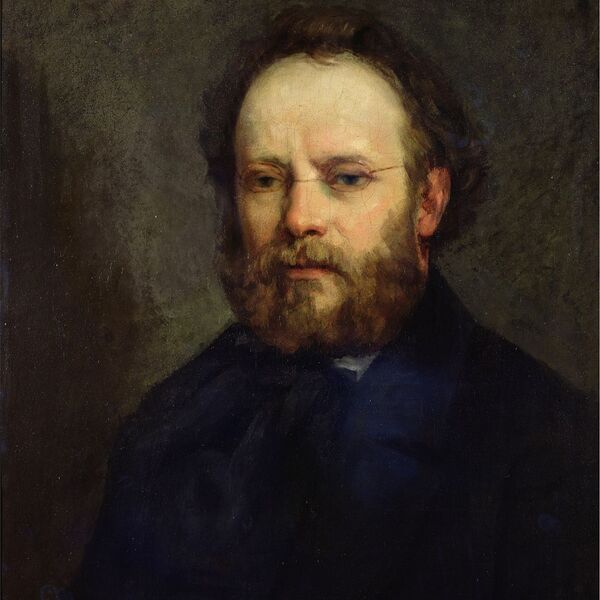
Personal
Other names:
Job / Known for:
Founder of mutualism and anarchism
Left traces:
His writings and influence on social movements
Born
Date:
1809-01-15
Location:
FR
Besançon, France
Died
Date:
1865-01-19 (aged 56)
Resting place:
FR
Death Cause:
Pulmonary edema
Family
Spouse:
Euphrasie Piégard (m. 1837–1848)
Children:
Marie Proudhon, Adèle Proudhon, Caroline Proudhon, Marie-Louise Proudhon
Parent(s):
Claude-François Proudhon and Catherine Simonin.
QR Code:
 My QR code:
Pierre-Joseph Proudhon
https://DearGone.com/10498
My QR code:
Pierre-Joseph Proudhon
https://DearGone.com/10498
Key Ownner:
Not yet supported by key owner
Show More
Rank
Users ranking to :
Thanks, you rate star
Ranking
5.0
1
Fullname
Pierre-Joseph Proudhon
Fullname NoEnglish
Pierre-Joseph Proudhon
Slogan
To be governed is to be watched, inspected, spied upon, directed, law-ridden, regulated
About me / Bio:
Show More
Article for Pierre-Joseph Proudhon
Died profile like Pierre-Joseph Proudhon
Comments:
